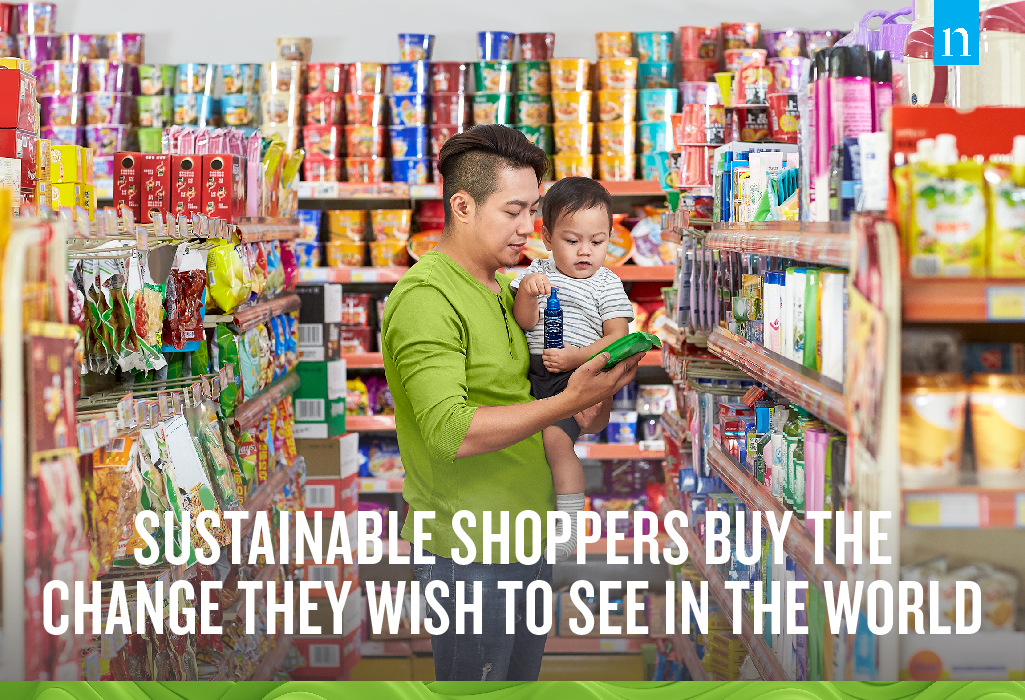Increasingly consumers are becoming more sophisticated in their ability to discern between true commitment to sustainability and action taken just for show. And they’re not afraid to call out that authenticity–or lack of it–on social media, in conversations with friends, or in any other channel. This has made some brands hesitant — afraid of the brutal consumer backlash for well-intentioned efforts. Others are still sustainability skeptics. In our work with clients, I often hear, “Yes, consumers say they want sustainability, but will this actually boost my bottom line?”
There is a wealth of evidence that says sustainability can boost the bottom line. In fact, when sustainability initiatives are integrated thoughtfully into the strategic plan, it can do everything from streamlining the supply chain to unlock a new level of consumer love and loyalty. In our recent report “What’s Sustainability Got To Do With It?”, we took a look at three categories–chocolate, coffee, and bath products–and found that sustainability boosted sales and units sold across the board.
Whether you’re well on your way or just starting to incorporate sustainability into your strategy, our latest global sustainability report “Consumers Buy the Change they Wish to See in the World” underscores these five reasons for doubling down:
- Sustainability encourages a culture of innovation, pushing you to embrace new methods, technologies, and ideas.
- Sustainability is a way to build authenticity, creating more transparency in your supply chain.
- Sustainability is a consumer-centric strategy. It requires you to understand and empathize with the concerns your consumers have, and how your brand can be a solution to help make their lives better.
- Sustainability drives greater efficiency. For example, many companies set commitments to move towards manufacturing processes that reduce waste, requiring investment in research and development and sometimes the overhaul of supply chains. That upfront investment can pay off as your business benefits from a more efficient process and enhanced reputation.
- The positive effects of sustainability are good for us, and they make us feel good too. That goodwill can cut across your employees, consumers, and other stakeholder groups.
One of the major challenges we hear companies express is knowing that sustainability is important, however not having a strategic plan for incorporating it into their brand or across the full product portfolio. The word “sustainability” has increasingly become a catch-all term that, depending on the context, can encompass everything from environmental conservation to employee relations, and much more. Thus, for any company, it can seem daunting to incorporate all of these factors into your overall business strategy and figure out how it fits into your consumer marketing approach.
Create a sustainability strategy that’s authentic for you and your consumer
To do it right, companies need to invest in truly understanding their consumers and embed sustainability into their brand’s foundation. Authenticity comes through the end-to-end integration of sustainability into your processes and complete transparency with consumers along the way. That means pushing beyond feel-good marketing and labels on packaging to a fully integrated interdepartmental execution. It requires collaboration across many teams, from sourcing and sustainability, to category managers and marketing leaders. Winning requires sustainability to be part of your short and long-term strategic planning from start to finish.
Investing in sustainability is undoubtedly an individual journey for brands that can be impacted by industry, geography, product portfolio, community commitments, and other factors. We’ve seen success when companies take a tailored approach consisting of multi-stakeholder engagement, cross-functional accountability, and transparency along the way. For many brands, this approach will enable consumers to take note at the shelf, and in turn, reward you along their path to purchase.
Blog originally posted on TriplePundit


